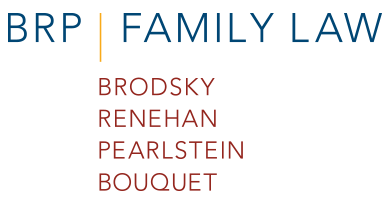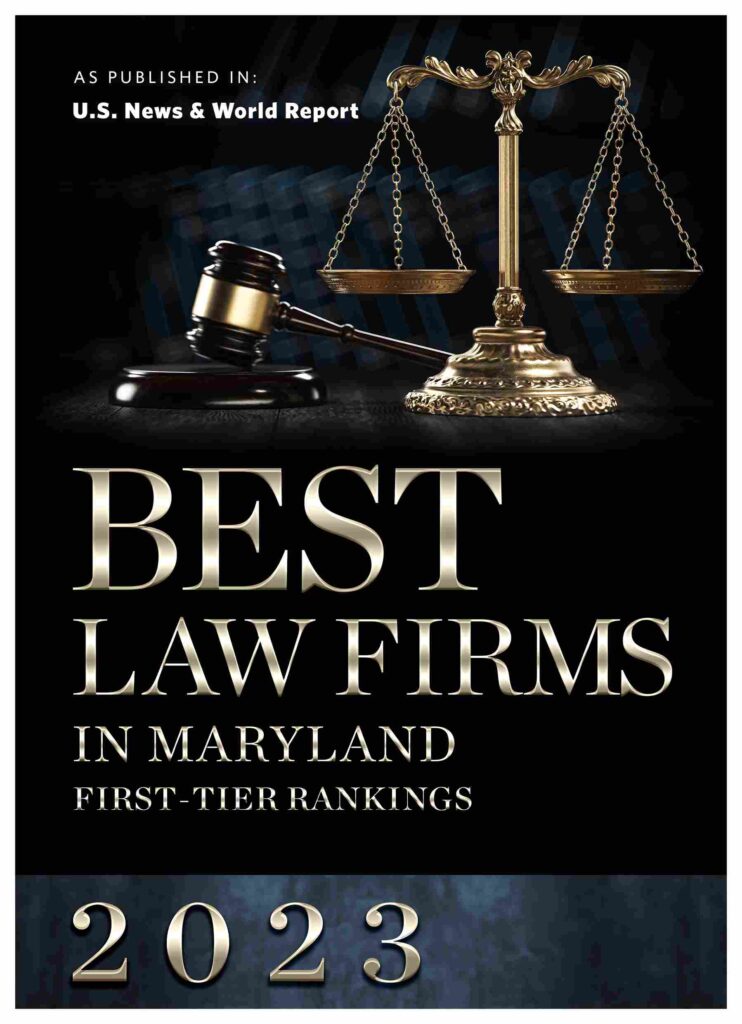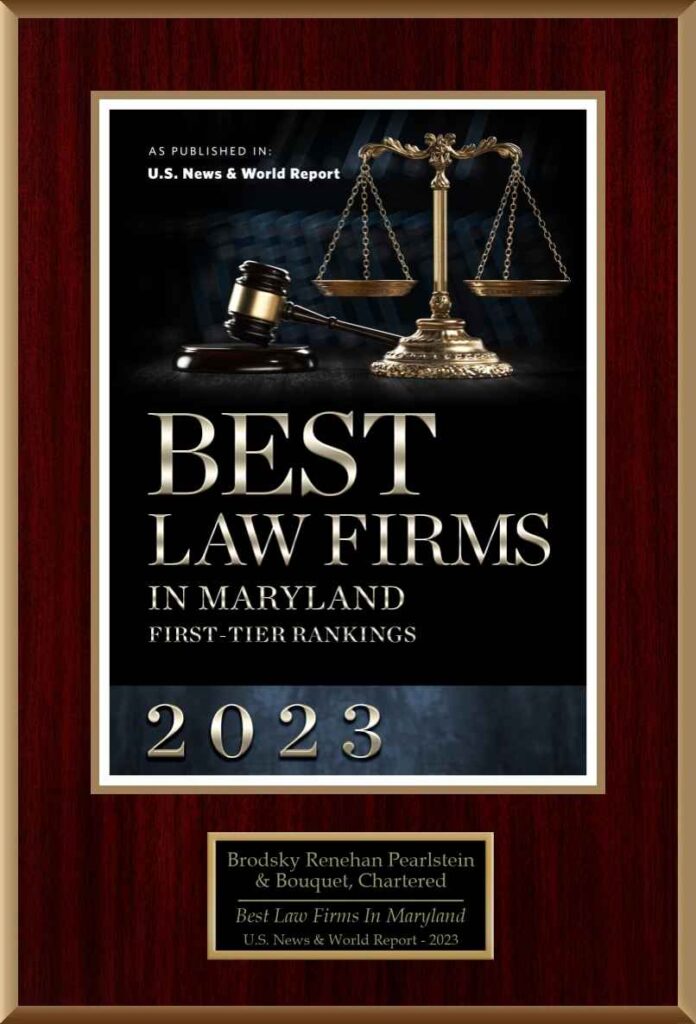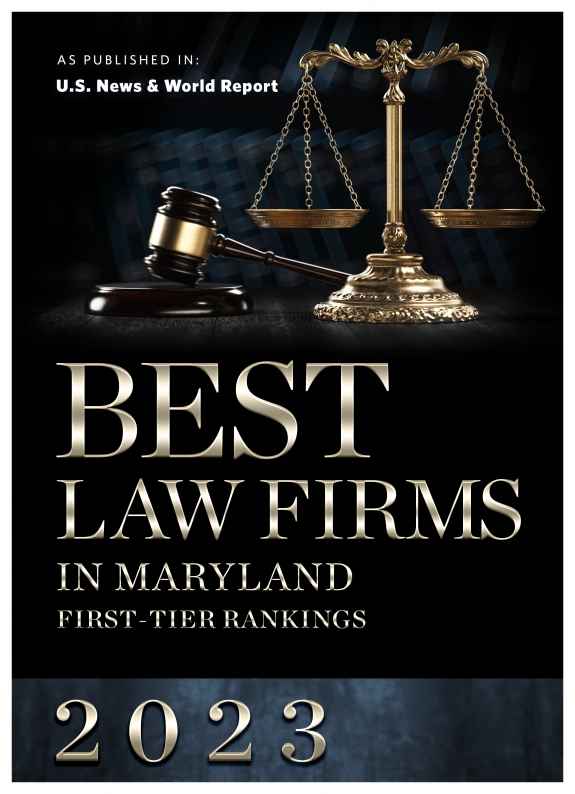In the past, hiring a Maryland family law attorney was pretty much all or nothing. Court rules prohibited representing a client in a limited capacity. Now, Maryland has changed its rules. Previously, attorneys had to provide full or no representation – regardless of what a client actually needed. However, that changed on July 1, 2015. Now, Maryland lawyers are allowed to limit the scope of their representation in family law cases at the request of a client. These changes are significant as prospective clients can hire an attorney to assist them in some of the more complicated aspects of litigation – but avoid the costs of full representation. The bottom line is that it provides clients with more choice and flexibility.
An Overview of Maryland’s New “Limited” Representation Rules
Maryland’s new “limited representation rules” require lawyers and clients to sign and file an Acknowledgement of Scope of Limited Representation which permit lawyers to provide limited scope representation in many civil proceedings – including family law. Here’s an overview of what’s changed:
- Maryland Lawyers’ Rule of Professional Conduct. Rule 1.2(c) now states that, “A lawyer may limit the scope of the representation in accordance with applicable Maryland Rules if (1) the limitation is reasonable under the circumstances, (2) the client gives informed consent, and (3) the scope and limitations of any representation, beyond an initial consultation or brief advice provided without a fee, are clearly set forth in a writing, including any duty on the part of the lawyer under Rule 1-324 to forward notices to the client.”
- Striking Appearance. Rules 2-132(a) and 3-132(a) have been modified to govern when an attorney who has entered a limited appearance may strike his appearance by filing a notice of withdrawal. An attorney may strike a limited appearance when “the particular proceeding or matter for which the appearance was entered has concluded.”
- Prompt Notification. Rule 1-324 now requires an attorney who has entered a limited appearance and receives notices from the clerk must “promptly forward to the client all such notifications, including any received after termination of the limited appearance.”
Why Is This Amendment Significant?
Amending these rules will allow clients who may need some, but not full, assistance with divorce, child support, custody, alimony, visitation, property distribution, modification, third party visitation, domestic violence, prenuptial agreements or other Maryland family law issues.
It can result in a significant cost savings to clients when an attorney can provide “guidance” without having to go to court, make follow up calls or engage in other tasks that could be handled by the client.
If you’re dealing with a family law issue in which limited representation might help you or want to know more about Maryland’s new limited representation rule, contact Brodsky, Renehan Pearlstein & Bouquet today.
Protocol* for Limited Scope of Representation in Family Law Cases
The chart below, from the Montgomery County Circuit Court, outlines the protocol of what is considered reasonable under certain limited family law representations and how to obtain approval from the Court.
| If Representation Is Limited To: | Then Representation Must Include: |
| Filing a Complaint, Answer, Counterclaim, or Motion to Modify Child Support or Spousal Support | Filing a Financial Statement if required by Rules 9-202 or 9-203; and filing an Affidavit in compliance with Family Law Article § 9.5-209 if required. |
| Uncontested Divorce Hearing | Filing Child Support Guidelines Worksheet if required by Rule 9-206; and preparing a Judgment of Divorce if Hearing is before a Judge; and all issues to be heard at Uncontested. |
| Attending an Emergency Hearing | All issues to be heard at Emergency Hearing |
| Attending a Pendente Lite Hearing | Filing a Financial Statement if required by Rules 9-202 or 9-203 and not previously filed; and filing Child Support Guidelines Worksheet if required by Rule 9-206; and all issues to be heard at Pendente Lite Hearing. |
| Motions Hearing | All issues to be heard at Motions Hearing. |
| Custody Merits Trial | Filing a Financial Statement if required by Rules 9-202 or 9-203 and not previously filed; and filing a Custody Pretrial Statement as required by Rule 2-504.2 and not previously filed; and attending Settlement/Status Conference, if not previously held; and Filing Child Support Guidelines Worksheet if required by Rule 9-206; and all issues to be heard at Custody Merits Trial. |
| Divorce Merits | All Issues to be heard at Divorce Merits; Attending Alternative Dispute Resolution as required by Rule 17-103; Filing of Joint Property and Pretrial Statement as required by Rules 9-207 and 2-504.2; Filing a Financial Statement if required by Rules 9-202 or 9-203 and Filing Child Support Guidelines Worksheet if required by Rule 9-206. |
| Filing Post Judgment Motion for Modification or Enforcement or Contempt or Answer | Filing a Financial Statement if required by Rules 9-202 or 9-203; and filing Affidavit in compliance with Family Law Article § 9.5-209 if required. |
| Attending Post-Judgment Settlement conference | Participate in Settlement Conference. |
| Attending Hearing on Post Judgment Modification or Contempt | All issues to be heard at Hearing, except that Office of Public Defender may limit representation to Contempt only where incarceration is sought; Filing Child Support Guidelines Worksheet if required by Rule 9-206. |
*Note: The Protocol does not apply to limited representation occurring exclusively outside Court, such as attendance at mediation, alternative dispute resolution, or a settlement conference at the Montgomery County Office of Child Support Enforcement.







